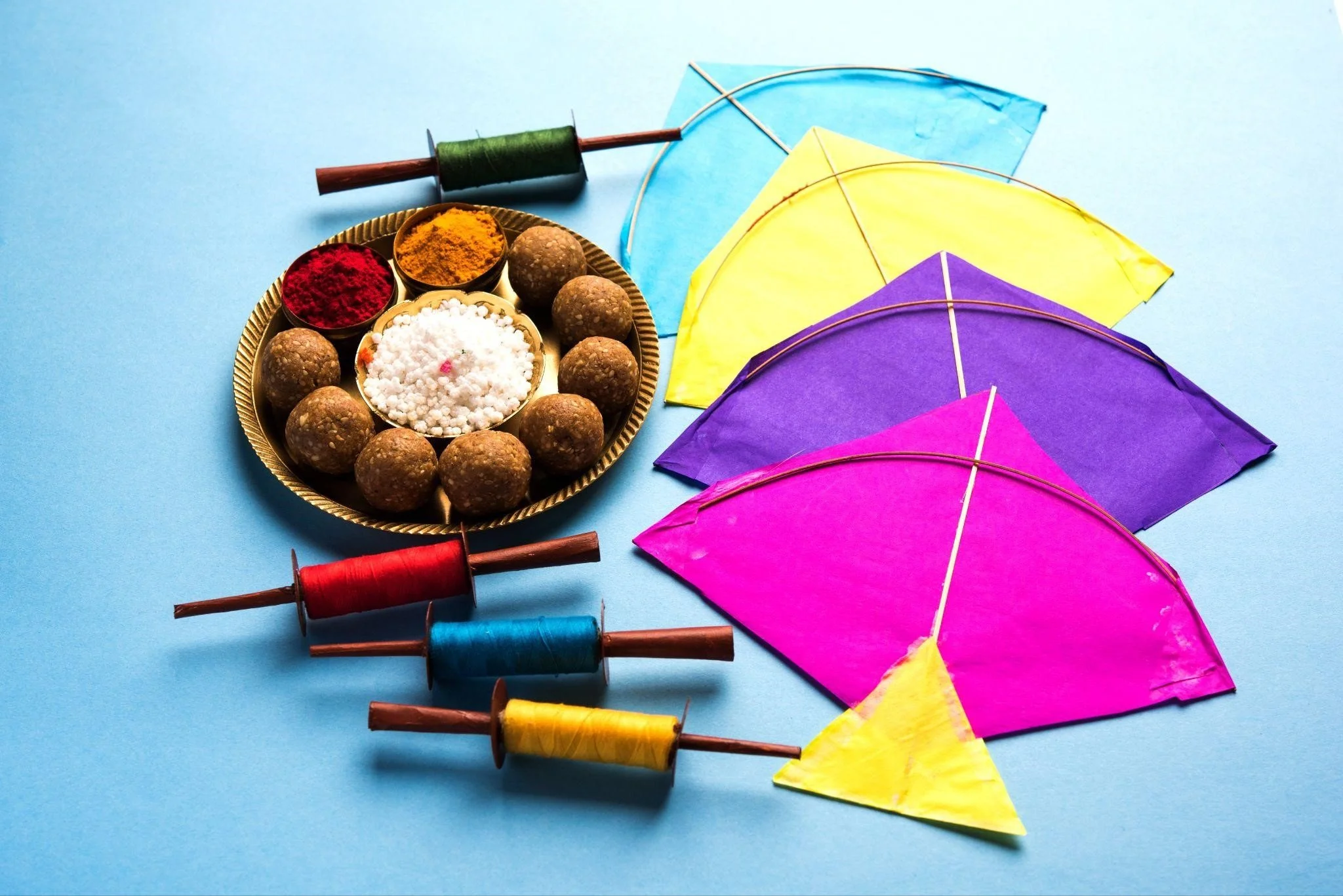Every year during the bright full moon of Shrawan or Bhadra (August), Nepal celebrates Rakshyabandhan, a festival deeply rooted in tradition, spirituality, and familial bonds. Known as “Janai Purnima” in many communities, this auspicious day carries multiple layers of meaning—uniting brothers and sisters in a vow of love and protection while also marking spiritual purification rituals for devotees across the country.
The Story Behind Rakshyabandhan
The origins of Rakshyabandhan are tied to Hindu mythology, where stories of protection, devotion, and sacred promises have been passed down for generations. One of the most popular legends speaks of Lord Krishna and Draupadi. When Krishna injured his finger during a battle, Draupadi tore a piece of her saree and tied it around his wound. Touched by her gesture, Krishna vowed to protect her in times of need. This selfless act is believed to have inspired the tradition of tying a “rakhi” or sacred thread as a bond of love and protection.
In Nepal, Rakshyabandhan also coincides with Janai Purnima, when men who follow Vedic rituals change their sacred thread (“Janai”) after a holy bath in rivers, signifying purification and renewal of vows to live a righteous life.
Why We Celebrate Rakshyabandhan
Rakshyabandhan is more than a ritual—it’s a celebration of trust, unity, and familial affection. Sisters tie a protective thread (rakhi or raksha dhago) around their brothers’ wrists, offering prayers for their well-being and happiness. In return, brothers pledge lifelong protection and shower their sisters with blessings and gifts.
In Nepal, this festival expands beyond blood relations. Families, friends, and even spiritual gurus share the sacred thread, symbolizing harmony and goodwill among all beings.
Rituals and Festive Celebrations in Nepal
Rakshyabandhan begins early in the morning with families visiting rivers or ponds for a holy dip. Priests chant mantras and tie protective threads on the wrists of devotees, symbolizing divine blessings and safety from negative energies.
Later in the day, households gather for the rakhi ceremony, where sisters prepare sweets, fruits, and ceremonial plates decorated with tika, flowers, and raksha dhago. The day is filled with laughter, shared meals, and heartfelt memories, reinforcing the importance of relationships in Nepali culture.
The Spirit of Togetherness at Hotel Shanker
At Hotel Shanker, we cherish Nepal’s rich cultural traditions that bring families closer. Rakshyabandhan is a reminder that bonds of love and protection are treasures to be celebrated. Whether you are visiting Kathmandu during this festive season or sharing the day with loved ones, our heritage ambiance provides the perfect setting for meaningful family gatherings.
As you celebrate Rakshyabandhan in Nepal, let the sacred thread be a reminder of the eternal ties that connect hearts, families, and traditions.
POPULAR ITINERARIES
SIMILAR POSTS















